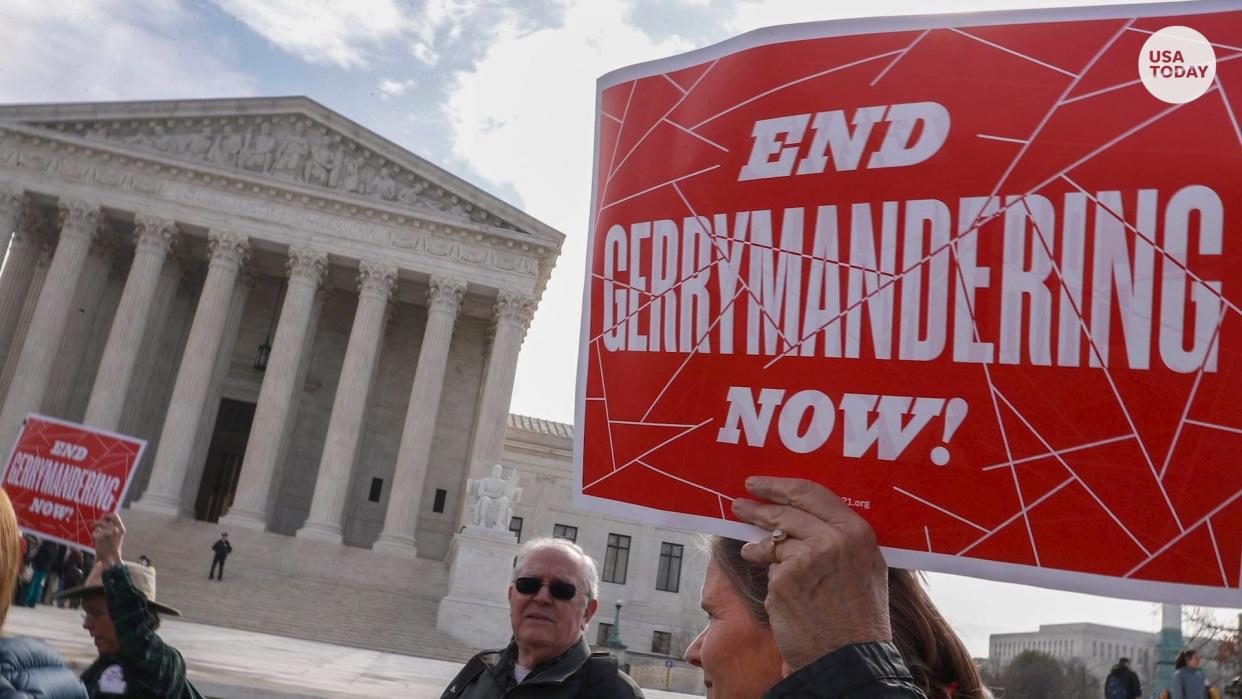Why 'independent' redistricting commissions don't really end gerrymandering

You’re reading the Opposing View, one of two perspectives in Today’s Debate.
For Our View, read Senate can end gerrymandering with Freedom to Vote Act.
In politics, it’s sometimes difficult to separate fact from fiction, which is precisely the case with independent redistricting commissions.
These so-called independent commissions promise voters that new maps can be drawn fairly and in a nonpartisan spirit. While they operate under a veneer of independence, in reality commissions are dominated by partisan actors.
Commission members often don’t bother hiding their political bias, like the Michigan commissioners who donated to numerous left-wing causes.
Opinions in your inbox: Get a digest of our takes on current events every morning
Even when members are genuinely nonpartisan, biased voices aren’t shut out entirely: California’s commission heard public comment from numerous sources who failed to disclose their partisan affiliations.
There’s also no guarantee that commissions will operate in the kind of nonpartisan spirit promised by reformers. Just look at the Virginia Redistricting Commission, where Democratic members recently walked out after failing to persuade Republicans to vote for legislative maps that clearly favored Democrats.
But while commissioners can be as partisan as legislators, legislators are much more accountable to the people. Legislators must stand for reelection, and therefore can be removed from office.
Commissioners, on the other hand, can act without worrying about what voters think, just as the Michigan commission is forging ahead without replacing its clearly biased “independent” members.
Even in states like Colorado, where commissions are legally required to get public feedback, there is no guarantee the voices they listen to will be representative of their states.

Finally, advocates sell independent commissions as a cure-all for gerrymandering, but minimize the fact that redistricting requires a complex balancing of competing priorities. For example, independent commissions must usually create maps that “neither favor or disfavor” a political party (proportional representation) and do not unduly split the communities and jurisdictions of a state.
Commissioners quickly realize that American political geography does not make fully adhering to both of those criteria possible. To reach a proportional, partisan outcome, commissioners must split the communities and jurisdictions they were created to keep intact. Independent commissions end up doing the very thing they were created to end – gerrymandering.
Independent commissions are not a cure for gerrymandering. All they really do is shift gerrymandering from one part of government to another.
Adam Kincaid is executive director of the National Republican Redistricting Trust.
You can read diverse opinions from our Board of Contributors and other writers on the Opinion front page, on Twitter @usatodayopinion and in our daily Opinion newsletter. To respond to a column, submit a comment to letters@usatoday.com.
This article originally appeared on USA TODAY: Gerrymandering: Politics dominate 'independent' redistricting panels

 Yahoo Movies
Yahoo Movies 
